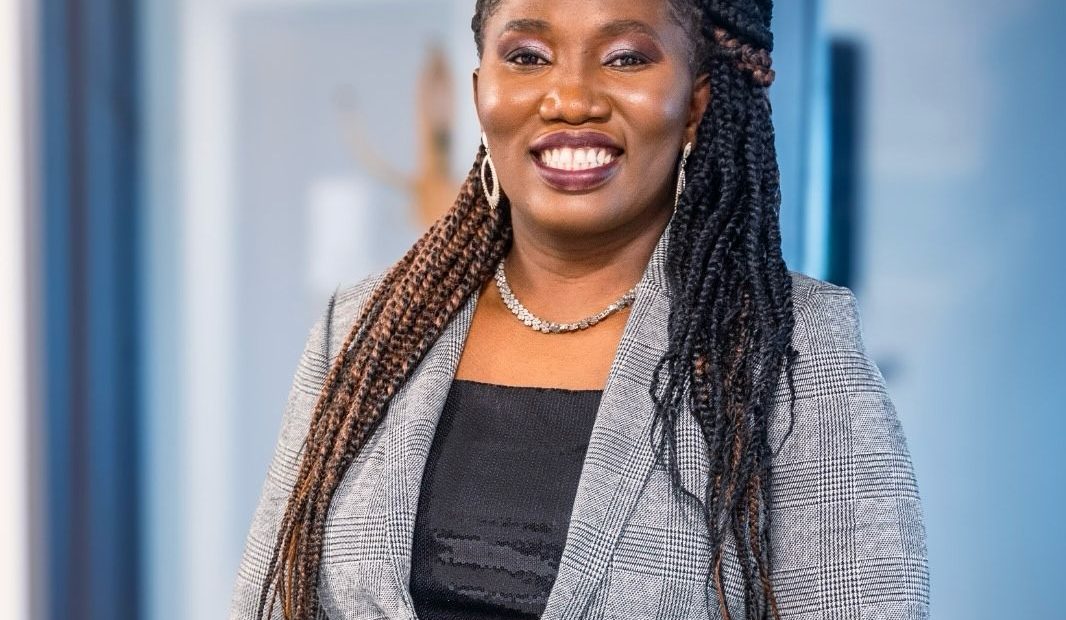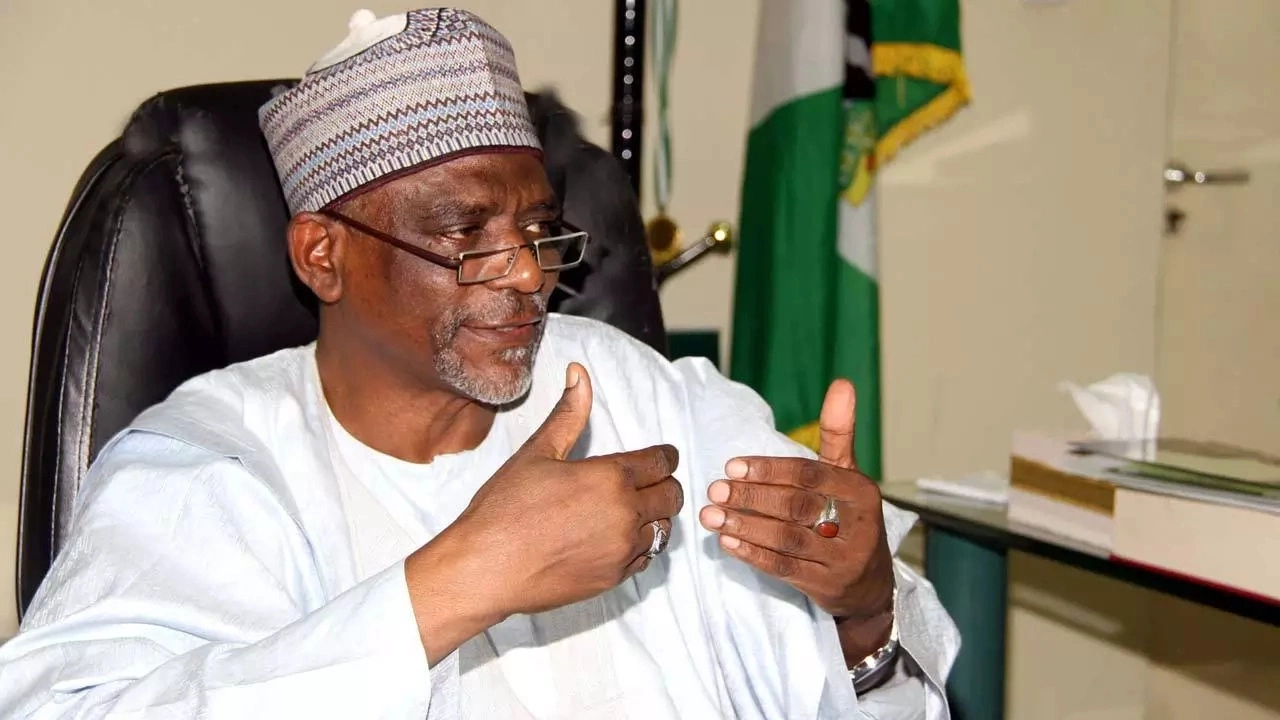Transforming Nigeria’s Education: The Power of Leadership, Policy Reform, and Global Standardization

By Olateju Akintayo
Education is the foundation of any thriving nation, shaping its workforce, economic growth, and societal progress. Countries that invest in robust education systems cultivate a skilled population, drive technological advancements, and sustain long term economic prosperity. However, despite its vast potential, Nigeria’s education sector continues to grapple with persistent challenges that hinder progress and global competitiveness.
Outdated curricula, inadequate teacher training, insufficient infrastructure, and limited access to quality education remain significant roadblocks to achieving excellence. Furthermore, while many countries are rapidly adapting to digital transformation and integrating 21st century learning models, Nigeria lags in implementing policies that align with the demands of a globalized and technology-driven economy.
As an educational leader, school administrator, and advocate for policy-driven reform, I have dedicated my career to developing strategies that enhance learning outcomes and position Nigeria as a leader in education innovation. My expertise in leadership development, curriculum design, and school administration has enabled me to spearhead initiatives that drive meaningful change.
One of the defining moments of my career was during the COVID-19 pandemic when I took decisive action by pioneering a school that ensured continuous learning despite global disruptions. This experience reinforced my commitment to creating resilient and innovative education solutions that address systemic challenges. It also deepened my understanding of the urgent need for dynamic leadership, evidence-based policy reforms, and the adoption of international best practices to strengthen Nigeria’s education system.
The Urgent Need for Strong Leadership in Education
Globally, successful education systems do not thrive solely because of funding or infrastructure investments. Rather, they are driven by strong leadership, visionary policymaking, and structured implementation strategies. Unfortunately, in Nigeria, leadership gaps persist at various levels, from school management to national education policymakers, hindering long-term progress and innovation.
Why Leadership Matters in Education
Having served as a school administrator and policy advocate, I have witnessed firsthand how strategic leadership directly impacts student learning, teacher effectiveness, and overall institutional success. Without proactive and visionary leadership, even the best education policies fail to yield tangible results. Schools and education systems require dynamic leaders who can:
- Develop and implement innovative policies that enhance student learning experiences and modernize curriculum delivery.
- Empower teachers with contemporary teaching methodologies beyond outdated rote learning techniques.
- Foster multi-stakeholder partnerships between schools, government agencies, private organizations, and international education bodies to mobilize resources.
- Ensure inclusive and equitable education, making quality learning accessible to all students, regardless of their socioeconomic background.
Investing in leadership training for educators, school administrators, and policymakers is critical to revolutionizing Nigeria’s education sector. Leadership in education must go beyond administrative roles; it should involve transformational education leaders who champion change, drive policy advocacy, and promote global best practices in their institutions.
My Role in Driving Educational Leadership
As an education leader, I have worked extensively with school administrators, educators, and government agencies to develop leadership models that foster innovation, accountability, and excellence. I have led initiatives that emphasize leadership training for school heads, ensuring they are equipped to navigate complex challenges and drive sustainable reforms.
My experience during the COVID-19 pandemic further reinforced the importance of adaptability, resilience, and strategic decision-making in education leadership. Establishing a school during a global crisis was not just about sustaining learning, it was about pioneering new models of education delivery that could withstand disruptions and prepare students for the evolving digital economy.
Policy Reform: The Key to a Competitive Education System
One of the most significant barriers to quality education in Nigeria is its outdated policy framework. The current education system still follows a colonial era structure that does not reflect the realities of a modern economy. In contrast, developed nations continuously revise and adapt their curricula to align with emerging trends in technology, entrepreneurship, and global competency.
Key Areas for Urgent Policy Intervention
- Curriculum Modernization
- Nigeria must transition from a memorization-based curriculum to one that fosters critical thinking, creativity, and problem-solving.
- STEM (Science, Technology, Engineering, and Mathematics), AI-driven learning, and entrepreneurship education should be integrated into the syllabus to prepare students for the global job market.
- Leadership and Entrepreneurial Training
- Leadership education should start early, instilling decision-making, innovation, and problem-solving skills in students.
- Schools should incorporate entrepreneurship training, equipping students with the ability to create jobs rather than solely seek employment.
- Teacher Training and Development
- Many Nigerian teachers still rely on outdated, lecture-based methods that is not learner centred, and does not encourage engagement or critical thinking.
- Ongoing professional development programs should be introduced to equip educators with modern, student-centered teaching methodologies.
- Standardized Accreditation and Evaluation
- A well-defined school accreditation system should be implemented to ensure consistency in educational quality across public and private institutions.
My Contributions to Policy Advocacy
As an education administrator, I have worked with various stakeholders like teachers, school leaders, and parents to advocate for policies that promote global best practices. I have contributed to discussions on curriculum innovation, teacher training reforms, and the need for evidence-based policymaking in education. Without policy transformation, no amount of investment in infrastructure or technology can yield sustainable improvements in Nigeria’s education sector.
READ ALSO: Wike queries UniAbuja over large expanse, undeveloped land
Establishing Schools of Global Standards in Nigeria
A significant challenge facing Nigeria’s education system is the insufficiency of internationally competitive schools. As a result, many parents who can afford it send their children abroad to countries with higher educational standards. However, it is possible to build world-class schools within Nigeria if deliberate steps are taken to adopt global best practices.
How Nigeria Can Build Globally Competitive Schools
- Benchmarking Against Leading Education Systems
- Nigeria should adopt proven strategies from top-performing countries that prioritize student-centered curricula, strong teacher support, and innovative assessment models.
- Global Exposure for Teachers
- Teacher exchange programs and international collaborations can equip Nigerian educators with global insights and methodologies.
- Public-Private Partnerships (PPPs) in Education
- The government should actively encourage private investment in education, offering incentives to organizations willing to establish international-standard schools in Nigeria.
- Specialized Leadership Academies
- Nigeria should develop schools that nurture leadership, innovation, and global competencies among students.
My Commitment to Establishing Global-Standard Schools
My work in education leadership has been dedicated to transforming schools into institutions of international repute. Establishing a school during the COVID-19 pandemic was just one step, my broader vision is to scale these efforts nationwide through research, advocacy, and policy implementation.
A Call to Action for Education Reform
Nigeria stands at a critical juncture in redefining its education system. The future belongs to nations that prioritize education as a strategic investment, not just a government obligation.
As an authority in education leadership and policy reform, I am committed to:
* Establishing schools that produce globally competitive graduates.
* Driving meaningful policy reforms that elevate Nigeria’s education standards.
* Equipping educators with the tools to nurture 21st-century learners.
* Positioning Nigeria as a leader in education innovation across Africa and beyond.
True change requires collective action. Policymakers, educators, investors, and stakeholders must work together to build an education system that empowers the next generation. The time for reform is now, and I stand ready to drive this transformation forward.
For more information, questions, send an email to topsytej17@gmail.com








